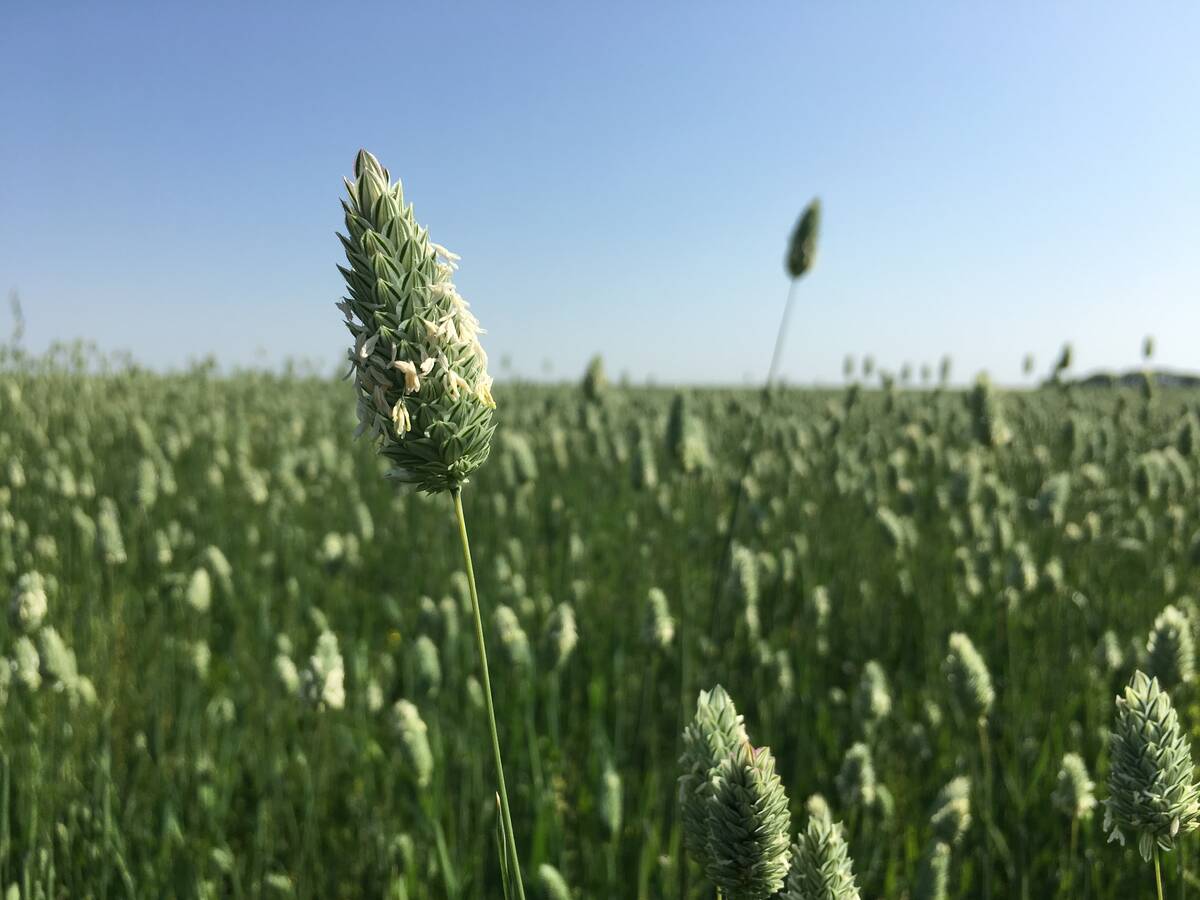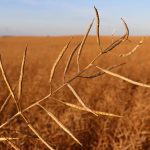Poor 2012 U.S. harvest | Less buying, selling and transporting crops
CHICAGO, Ill. (Reuters) — Bunge Ltd. has reported a sharp drop in quarterly earnings caused by tight crop supplies.
However, it expects that large U.S. harvests will boost trading and processing volumes.
Bunge, one of the world’s largest agricultural trading houses, is anxiously awaiting the autumn soybean and corn harvests after a historic U.S. drought slashed production last year.
The company also grappled with reduced harvests because of poor weather in Argentina and the Black Sea region.
Export demand for crops should be strong in the second half of the year because prices have dropped on expectations of large harvests, said Drew Burke, Bunge’s chief financial officer.
Read Also

No special crop fireworks expected
farmers should not expect fireworks in the special crops market due to ample supplies.
Buyers have been waiting to make purchases, he added.
Still, inventories will likely remain scarce until the fourth quarter because planting delays in the spring will postpone the start of the U.S. harvest.
“Our oilseed processing and merchandising operations in North America and Europe will continue to be impacted by low capacity utilizations due to tight supplies until new crops are harvested,” Burke said.
In Canada, Bunge owns oilseed processing plants at Fort Saskatchewan, Alta., Nipawin, Sask., Altona, Man., Harrowby, Man., and Hamilton, Ont.
It is expanding its Fort Saskatchewan and Altona plants.
Bunge is among the four large players known as the ABCD companies that dominate the international flow of agricultural goods. The others are Archer Daniels Midland Co., Cargill Inc. and Louis Dreyfus Corp.
The company, which makes money buying, selling, transporting and processing crops, reported net earnings of $110 million for the second quarter that ended June 30 compared with $265 million for the same quarter a year ago.
Revenue for the quarter was $15.5 billion, below analysts’ expectations of $15.8 billion, according to Thomson Reuters. A year ago, revenue was $14.5 billion.
Bunge earned 75 cents per share, below the average analyst estimate of $1.30 and the $1.78 per share earned a year earlier.
“The grain handling volumes were just bad,” said chief executive officer Soren Schroder, referring to the United States.
Rival ADM said in May that it, too, would struggle with a lack of volume until the autumn U.S. harvests.
Schroder, who took the helm June 1, said performance must improve. The company is reducing 2013 capital expenditures by $200 million to $1 billion and will postpone certain “growth projects” to boost results, he said. Plans for next year are also under review.
Bunge has an opportunity to “use better what already exists,” rather than expanding its capacity further, he said.
Specific details on projects will be released at a later date, he added.
“Projects that more immediately improve efficiencies and competitiveness, and that generate faster payback, will be priorities for Bunge,” he said.
The weak quarterly results took analysts by surprise.
“It was anything but clear that you would see this level of decline from the year ago period,” Citi analyst David Driscoll told Schroder on a conference call.
Strong margins and volumes in Brazil, which harvested a record soy crop this year, helped blunt the impact of tight supplies elsewhere in the world. Bunge executed record volumes in Brazil amid logistical delays at ports, according to the company.
“While Brazil was strong as expected, all other regions were flat to down,” JPMorgan analyst Ann Duignan said.














